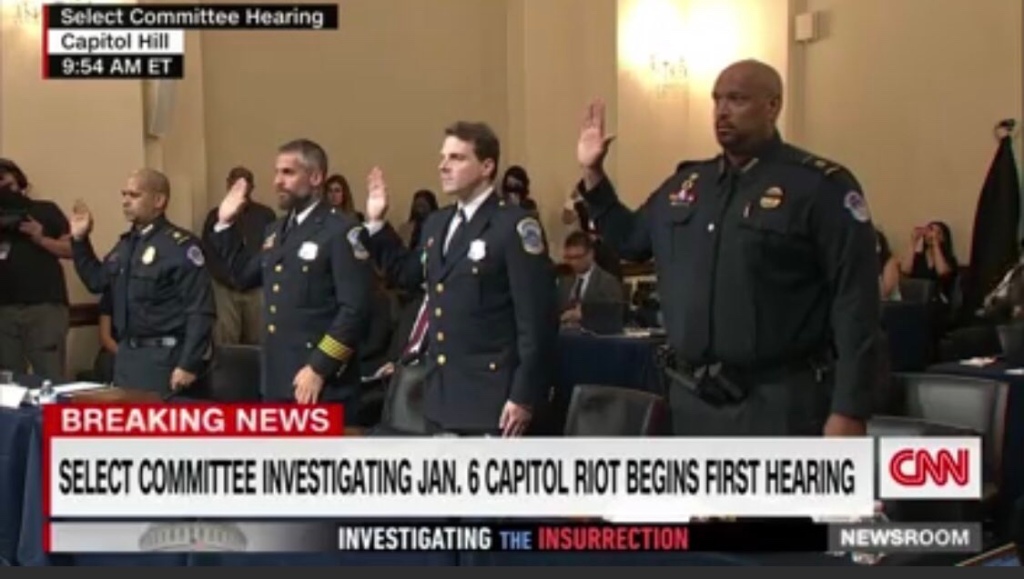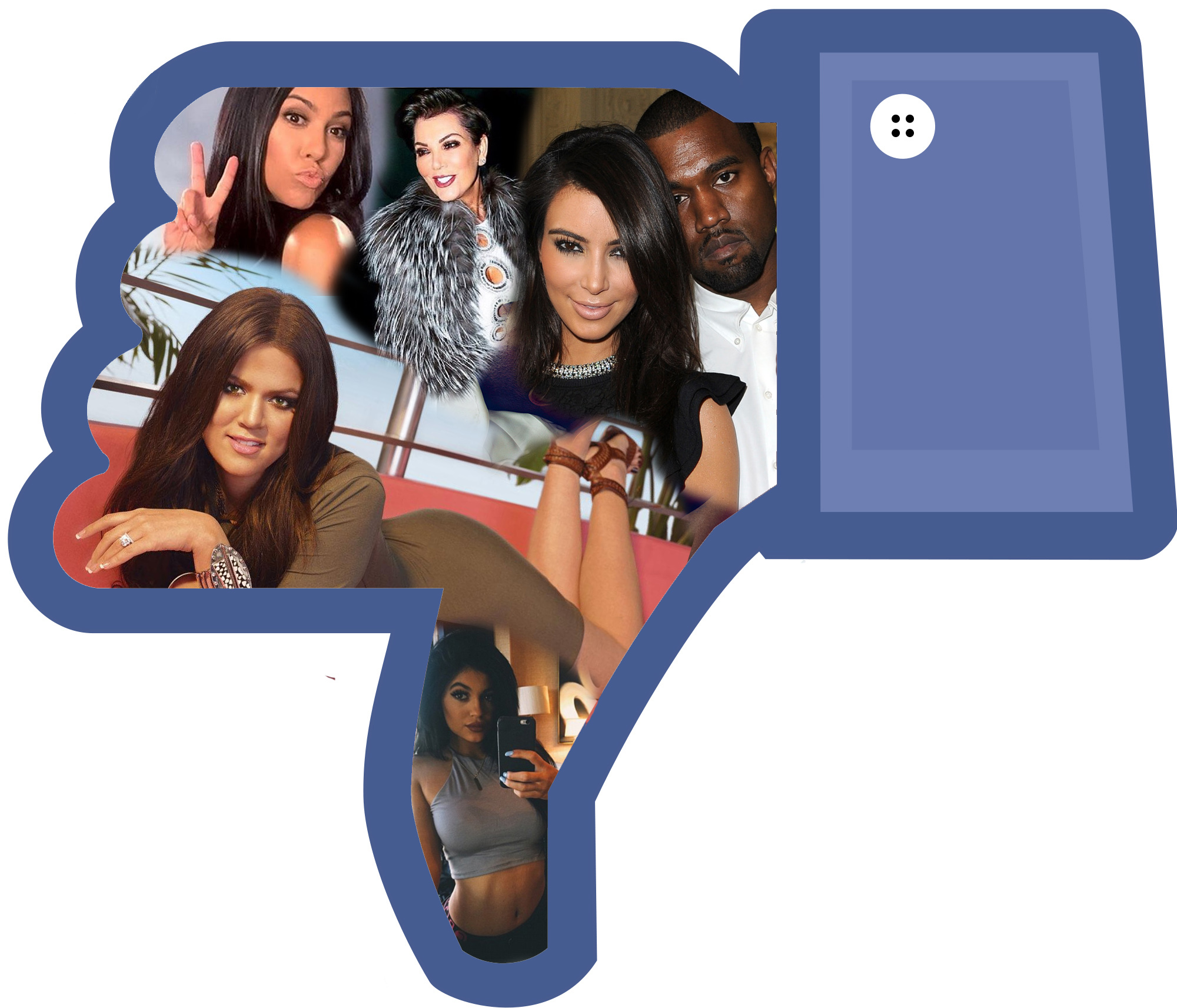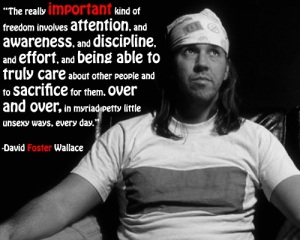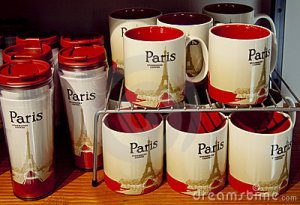
As I watched the House’s January 6th hearing this morning, I also kept Twitter open, and found myself wandering into MAGA Twitter, where right wingers are trying to rewrite history in real time. And I’m disgusted, and I don’t want to spend my whole day arguing with people, so I’m going to rattle off my thoughts on what these hacks had to say because I just need to vent. Thanks.
Based on the statements from US Capital police Sergeant Aquilino Gonell and Officer Harry Dunn, it’s clear that the people who have spent the past 4+ years chanting, “blue lives matter” only care about the white lives in the blue uniforms. The same people who had a cow over Colin Kapernick peacefully taking a knee in protest against police brutality targeting Black Americans are MIA when it comes time defend cops of color from racist thugs. I can only conclude that some blue lives are more equal than others.
I also saw some MAGA sociopaths trying to make the case that these cops are “crisis actors,” a term I first heard used in the conspiracy theories arguing that the Sandy Hook tragedy was a hoax. The fact that one DC metro cop was singled out for having tattoos as “proof” that he isn’t trustworthy is a garbage argument. I know that different police departments have different rules on cops having visible tattoos, and as rules change, cops with seniority often get grandfathered in. In addition, tattooing has never been a measure of one’s trustworthiness. But I guess when a cop isn’t telling you what you want to hear, his blue life matters less to you, even if he’s white.
In a grand act of “whataboutism,” I’ve seen so many right wingers try to make the case that the Black Lives Matter protests of the past year were just as bad, or worse, as the attack on the Capitol. It is simply a false equivalence, beginning with the basic goals. The BLM protests began against the disproportionate amount of police brutality faced by Black Americans, in addition to other extenuating prejudices. The attempted coup on January 6th was based on a very big lie: that Donald Trump was re-elected to the presidency. The fact is, Donald Trump lost the popular vote twice. Facts don’t care about your feelings.
To be clear, I’m not defending violent protests, and I’m certainly not defending attacks on cops. I’m aware of the low morale facing local cops nationwide, how it has lead to a decline in recruiting and an escalation in retirements. I see the relationship between this and the escalation in violent crime. But unlike the MAGA crowd, I’m not willfully oblivious to the history of racist policing and how that history has persisted, and continues to have consequences in our present society. I also don’t ignore the relationship between poverty and crime, or the role racism plays in plays in perpetuating both. My view is this: policing is necessary to maintain a civilized society, and policing must be done without prejudice.
And here in lies my complaint about the MAGA crowd refusing to take the January 6th cops at their word: it’s wildly inconsistent with the “blue lives matter”/“law and order” rhetoric I’ve been listening to for half a decade. If MAGA has always been an exposition of naked hypocrisy, they’re now giving us full frontal.
In addition to trying to tarnish the reputations of the cops who defended the Capitol, the Republicans would like us to forget how they have fought against a legitimate investigation. It was Senate Republicans that blocked the proposed independent commission to investigate the events of January 6th. Their whining over the committee created by Nancy Pelosi rings hollow when they destroyed a legitimately nonpartisan option. Kevin McCarthy trying to place Jim Jordan on the committee was a troll move. I take no pleasure in saying this, but I’ve come to the conclusion that Republicans have something to hide. Or at the very least, they like making the investigation hyperpolitical because they thrive on the doubt it can create, which means it’s easier to wiggle out of responsibility.
I hate semantic arguments, but sometimes they’re unavoidable. I saw some people taking issue with the characterization of the January 6th mob as domestic terrorists. This is the most generosity I can give this argument: it looks like there were some people who were there to attend Trump’s rally and not much else, and got caught up on the ensuing mayhem of the day. I won’t call them domestic terrorists, but I won’t refrain from considering them fellow travelers. The people that built a gallows to hang the Vice President, who actively hunted the Speaker, who had murder on their to-do list—they’re domestic terrorists. Having their goals thwarted only means they are failed domestic terrorists. And failed domestic terrorists are not political prisoners.







You must be logged in to post a comment.